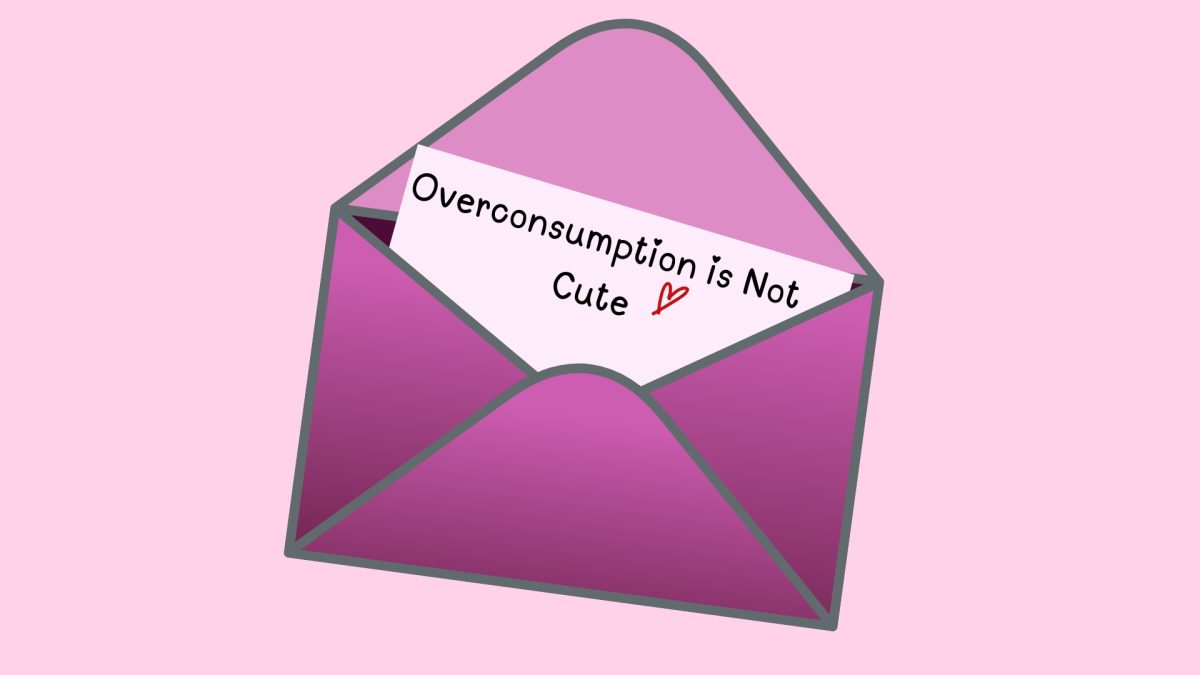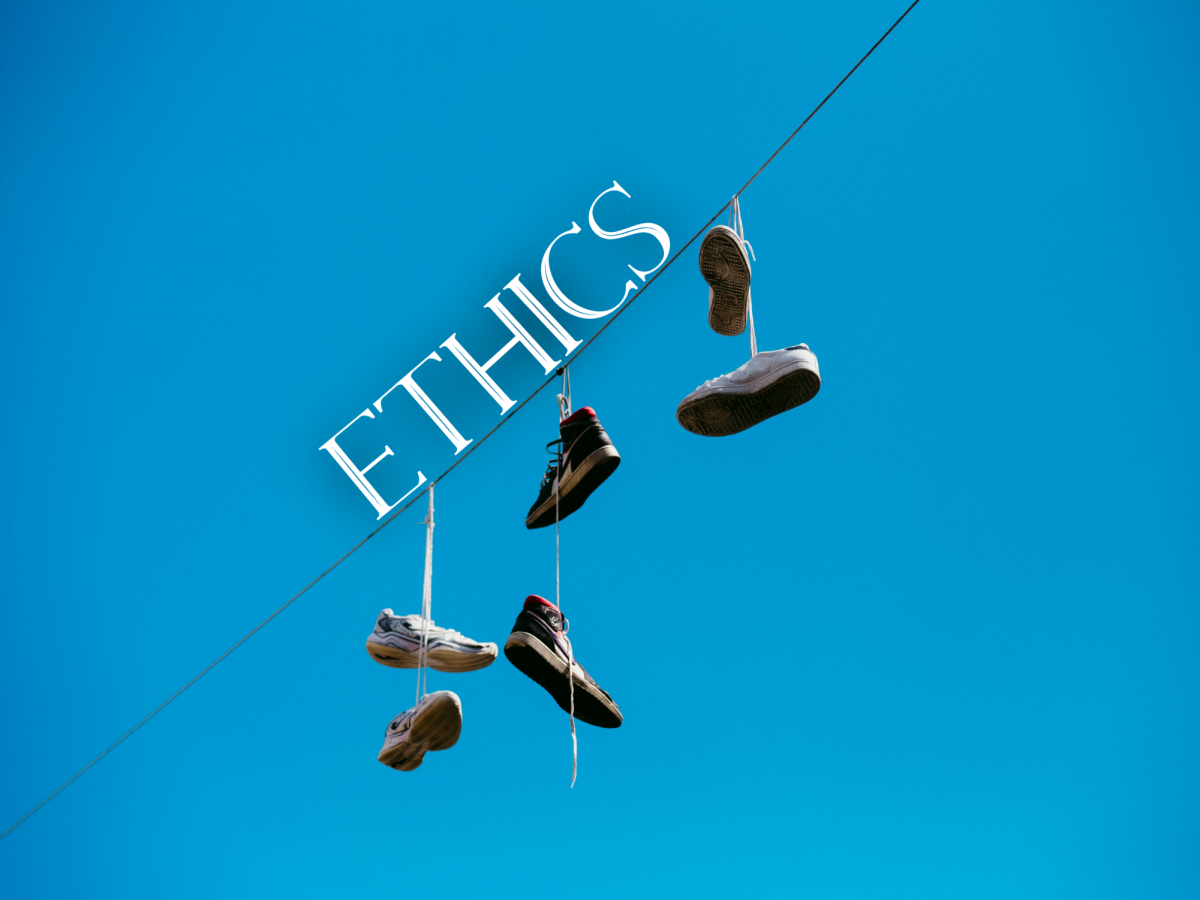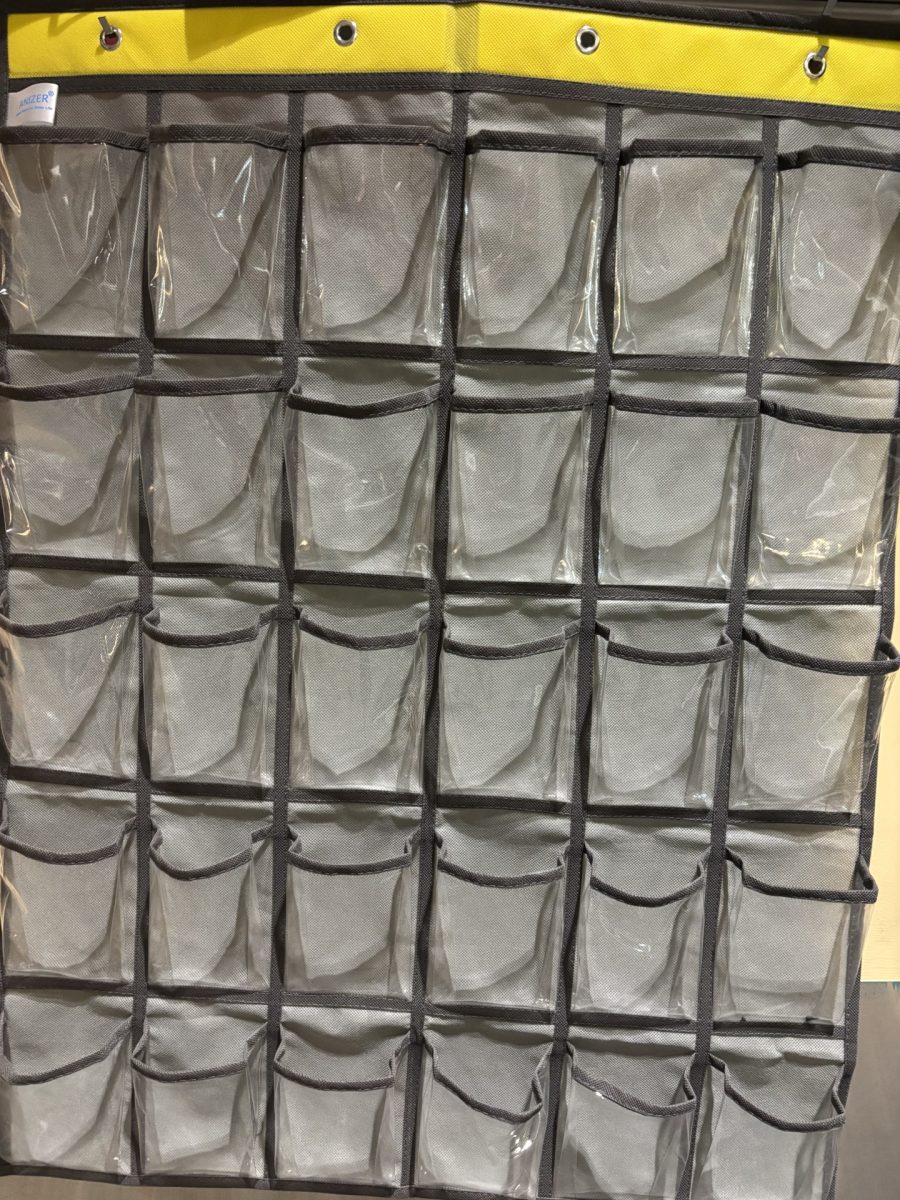We all know you don’t need that new top or those cute jeans. That cleansing juice won’t make you fit after one week of use. Owning the same water bottle in 10 different colors is just ridiculous, right? Feeding into every trend and overconsumption is wasteful. The beauty industry plays a bigger role in our environmental health than we think. Overconsumption within the fast fashion industry contributes to unfair wages, material waste, and ambiguity within corporate business practices.
Trends come and go faster than ever with the widespread availability of social media. Creativity and positivity are distributed throughout the world, but negativity and discouragement hide in the shadows. A facade of positivity shields people from the harm done by promoting an ideal.
As humans, it’s normal to want to fit in and be liked by those around you. Brands play into this emotion through advertising and branding; they’re selling you an ideal. Most consumers play right into this marketing and perpetuate the idea that their life will be better off if they buy this one thing.
Sure, some trends can be helpful and have positive social and environmental effects. The rise in popularity of thrifting and recycling old clothing for fashion and representing identity is great. Some trends that involve using fast fashion as a resource are harmful in many ways.
Trending clothing aesthetics are so easy for brands to capitalize on. All of the micro trends are just that: micro. They get popular and dissipate quickly. Companies like Temu, Shein, H&M, Fashion Nova, Zara, and Forever 21 follow every trend through mass production. Ease of access and affordability are attractive to consumers. Fast fashion brands mass-produce cheap, low-quality clothing with minuscule worker wages.
The industry wastes copious amounts of water and emits tons of carbon dioxide yearly. Tons of clothing are dumped in landfills and are not being used by anyone; yet, manufacturing is still ramping up and feeding into those landfills.
Big corporations know that consumers don’t like it when manufacturing processes are harmful in any way, so they greenwash their practices. Greenwashing is giving the false impression that some companies are more sustainable or environmentally friendly than they actually are.
To keep from continuing this cycle of overconsumption, waste, and corporate greed, we all need to refrain from giving our money to fast fashion companies and invest in higher-quality products with ethical practices.
A great way to do this is through local and small businesses. Supporting local businesses is great for the community and promotes new, inventive products.
Being mindful of harmful companies, reducing unnecessary consumption, thoroughly thinking out purchases, and recycling clothing are all ways to be more environmentally friendly and show identity.










